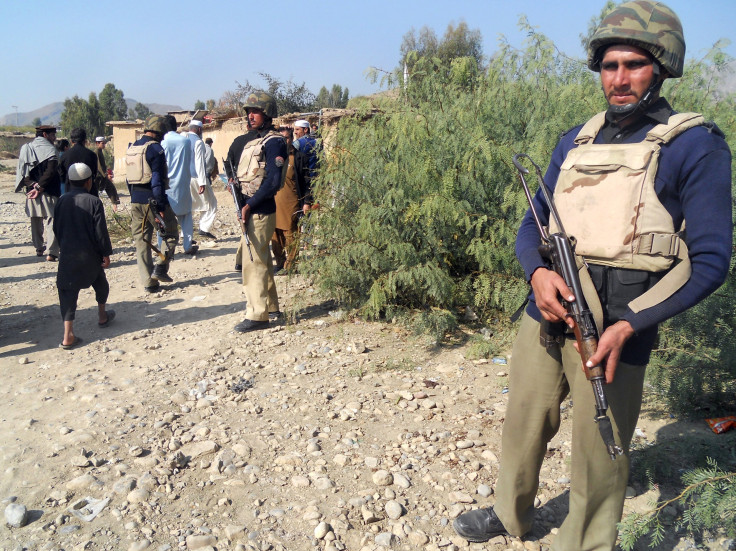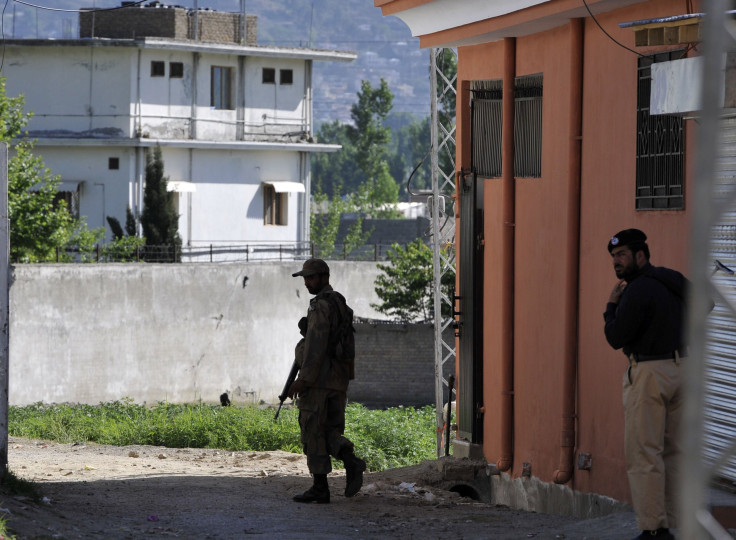US Targeting Pakistan-Based Terrorists? ‘Will Not Hesitate To Act Alone,’ Counterterrorism Official Says

Weeks after India claimed to have performed precision strikes that took out terrorist infrastructure in territory controlled by Pakistan, and Gen. John Nicholson, commander of the U.S. and NATO forces in Afghanistan, said the Pakistan government was not putting “adequate pressure” on certain terrorist networks, a senior counterterrorism official in the U.S. said Sunday the country “will not hesitate to act alone” against such infrastructure in Pakistan.
Speaking at the Paul H. Nitze School of Advanced International Studies in Washington, D.C., Acting Under-Secretary on Countering the Financing of Terrorism Adam Szubin reportedly said: “The problem is that there are forces within the Pakistani government — specifically in Pakistan’s Inter-Services Intelligence or ISI — that refuse to take similar steps against all the terrorist groups active in Pakistan, tolerating some groups — or even worse.”
In his comments last month, Gen. Nicholson specifically mentioned the Haqqani group, which has been carrying out terrorist activity in Afghanistan alongside the Taliban. Both the U.S. and Kabul say the group is based in Pakistan and plots cross-border attacks with impunity. According to Gen. Nicholson: “They [the Haqqanis] constitute the primary threat to Americans, to coalition members and to Afghans, especially in and around Kabul.”
While Pakistan has rejected these claims, saying it is indiscriminate in its action against all terrorist groups, Szubin said in his speech that Pakistan itself was a victim of terror too, and remains a strategic partner in U.S. counterterrorism operations.
“We continue to urge our partners in Pakistan to go after all terrorist networks operating in their country. We stand ready to help them. But there should be no doubt that while we remain committed to working with Pakistan to confront ongoing terrorist financing and operations, the U.S. will not hesitate to act alone, when necessary, to disrupt and destroy these networks,” Szubin said.
Pakistan says the Haqqanis have been rooted out from its side of the border with Afghanistan, and that the group is now based entirely in Afghanistan. The country’s ambassador to the U.S., Jalil Abbas Jilani, said in a recent interview: “Pakistan has also been fighting against the proxies dating back to the Cold War era (many of which are a creation of the U.S. herself).”

Previously, the U.S. has launched drone attacks inside Pakistan, mostly in the restive northwest, to take out members of the Haqqani network and other terrorist groups. Famously in May 2011, U.S. special forces carried out a covert operation in the Pakistani town of Abbottabad to kill Osama bin Laden, the al Qaeda leader, who had been living in a large compound in the town. Pakistan protested at the violation of its sovereignty.
© Copyright IBTimes 2024. All rights reserved.











